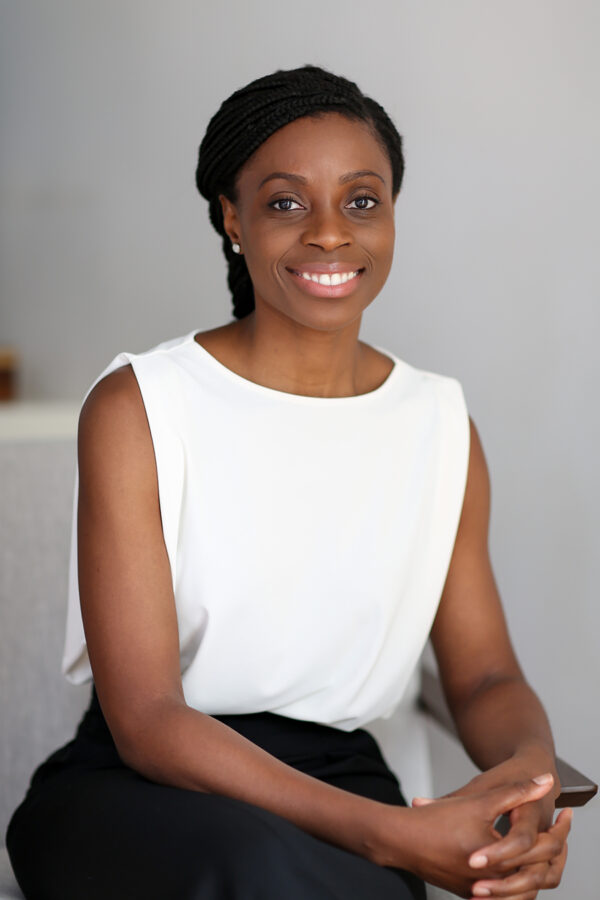
Instructor, Department of Global Health and Social Medicine, Harvard Medical School
Orthopedic Trauma Surgeon, Program in Global Surgery and Social Change, Harvard University
Uniformed Services University of the Health Sciences
Tamara Worlton, MD FACS FASMBS
Commander, US Navy
Director of Global Surgery, Walter Reed National Military Medical Center
Associate Professor of Surgery, Uniformed Services University
Royal Medical Services of the Jordanian Armed Forces
Ghassan Taleb Alswaiti, MBBS MRCSI
Captain, Jordanian Armed Forces
General Surgery Specialist
Fellow, Plastic and Reconstructive Surgery
Army Hospital Colombo
Amila Ratnayake, MS
Lieutenant Colonel, Sri Lanka Army
Adjunct Associate Professor, Uniformed Services University of Health Sciences
Centro Médico Naval “Cirujano Mayor Santiago Távara”
Universidad Peruana de Ciencias Aplicadas
Aldo Ayvar Fuentes, MD SCGP SPCE
Lieutenant Commander, Peruvian Navy
Associate Professor of Surgery
Premiere Medical Center
Rolando Gerardo Fausto Dela Cruz, MD MHA FPOA FPCS FACS FICS
Orthopedic and Trauma Surgeon
Chairman, Department of Surgery
President, Asian Collaboration for Trauma
Co-Director, Hospital Care Cluster, Philippine College of Surgeons
King’s College London
Amy Russell BSc MA
SO1 Academic Centre for Defence Healthcare
John Whitaker, BMBS
Major, Royal Army Medical Corps
Research Fellow, Academic Dept of Military Surgery and Trauma
Brigham and Women’s Hospital
Robert Riviello, MD, MPH
Kletjian Distinguished Chair in Global Surgery, Department of Surgery
Brigham and Women’s Hospital
Development of the Integrated Military Partnerships and Civilian Trauma Systems (IMPACT) Framework
Globally, more than four million injury-related deaths occur every year. Twenty to fifty million more individuals sustain non-fatal injuries that may result in chronic disability. Ninety percent of these injuries occur in low- to middle-income countries (LMICs), and yet many of these countries have health systems with limited capabilities to fully treat traumatic injuries. If we are to save lives and meet the needs of trauma patients, we must do better.
Fortunately, military and civilian organizations have a mutual interest in building trauma capacity during conflict, disaster, and peacetime. Military healthcare systems exist in most nations with a military force, and civilian and military systems often collaborate to integrate efforts. Additionally, external military forces, such as in the U.S. and U.K., have security interests that drive the desire to build trauma capacity in partner nations.
In 2021, the White House issued the annual Interim National Security Strategic Guidance publication, outlining the critical need to strengthen alliances with existing partnerships. The Military Health System (MHS) directly supports these priorities through the Department of Defense policy on Global Health Engagement, specifically in trauma medicine. In 2022, there has been a call for the MHS to expand the support of these priorities through bilateral trauma capacity-building partnerships. Currently, however, there is no integrated framework to guide systematic collaboration to improve trauma care; nor does data exist to support the development of such a framework.
With the support of the Stepping Strong Center, this study aims to establish structures for the following priorities: developing global practices for military and civilian trauma systems collaboration; discovering critical areas for integration within trauma systems; and identifying appropriate terminology to categorize levels of integration.
Together, this data will inform the development of this novel integrated framework.
Michelle Joseph, MBBS, BSc(Hons), MSc, PhD, FRCS, is an academic orthopedic trauma surgeon with a clinical interest in orthoplastics, lower-limb reconstruction, and limb salvage. She holds positions as an instructor in the Department of Global Health and Social Medicine, chief strategy and health equity officer for the Program in Global Surgery and Social Change at Harvard Medical School, adjunct associate professor in the Department of Surgery, Uniformed Services University Health Sciences, orthoplastics trauma fellow, and research scholar, Fenwick Institute of Pediatric Health Equity. She leads a body of research utilizing epidemiology, quality improvement, implementation science, and innovation methods, specializing in trauma systems, health equity, and social justice in Haiti, Ghana, and the USA.
